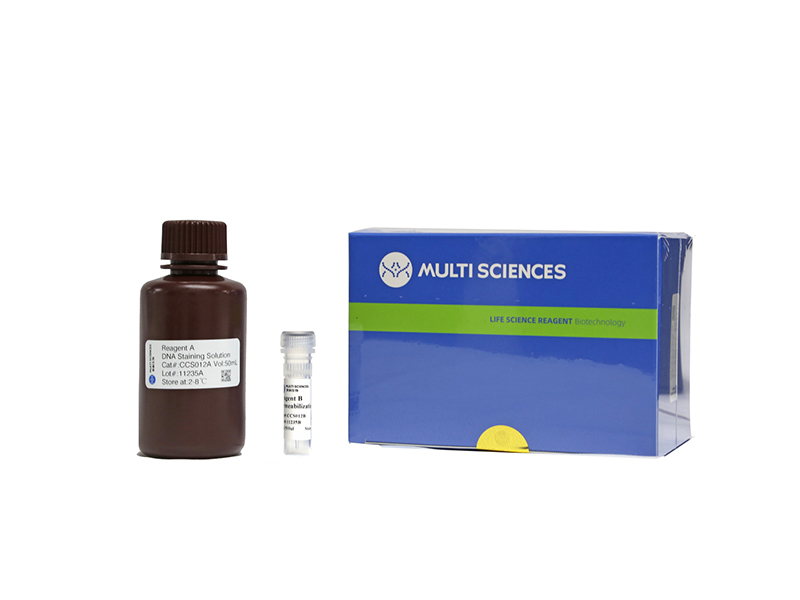An increasing number of reports identified Candida glabrata (C. glabrata) as the important causative agent of invasive pulmonary fungal infection. However, little is known about immune responses to C. glabrata in rat tracheal epithelial cell (RTEC). Here, the effect of C. glabrata on RTEC and the role of TLR-2 and NF-κB in the immune response were investigated by treatment with TLR-2 siRNA and NF-κB inhibitor pyrrolidine dithiocarbamate (PDTC), respectively. Our results showed that the knockdown of TLR-2 and pretreatment of PDTC led to inhibition of cell proliferation by C. glabrata, further enhanced cells in G0/G1 phases, and promoted C. glabrata -induced apoptosis. C. glabrata infection induced the expression or secretion of TLR-2, NF-κB, TNF-α, and IL-6, and its effect was inhibited by knockdown of TLR-2. Pretreatment with PDTC inhibited the C. glabrata -induced expression of TLR2, and also inhibited the expression of p65 subunit of NF-κB in the first 4 h. Although the expression of p65 subunit at 6 h was elevated compared to baseline, the C. glabrata -induced expression of TNF-α and IL-6 remained attenuated by PDTC pretreatment. Therefore, C. glabrata recognized the TLR-2 in rat tracheal epithelial cell (RTEC), and then activated the transcription factor NF-κB and further promoted the secretion of TNF-α and IL-6 to contribute to the immune response and inflammation.
文章引用产品
-
-
- CCS012
- 周期试剂盒
Cell Cycle Staining Kit 细胞周期检测试剂盒
-
¥390.00
-
- CCS012
- 周期试剂盒
Cell Cycle Staining Kit 细胞周期检测试剂盒
- ¥390.00



